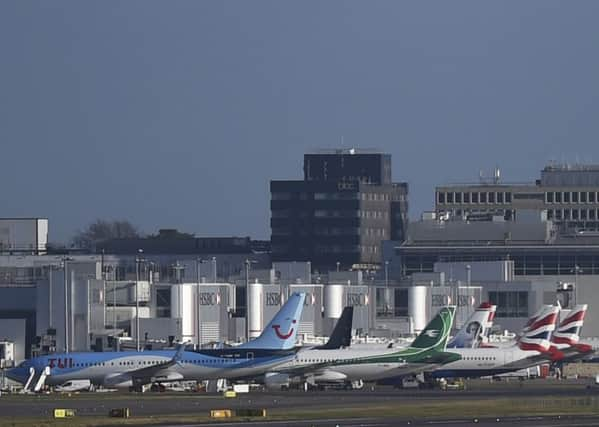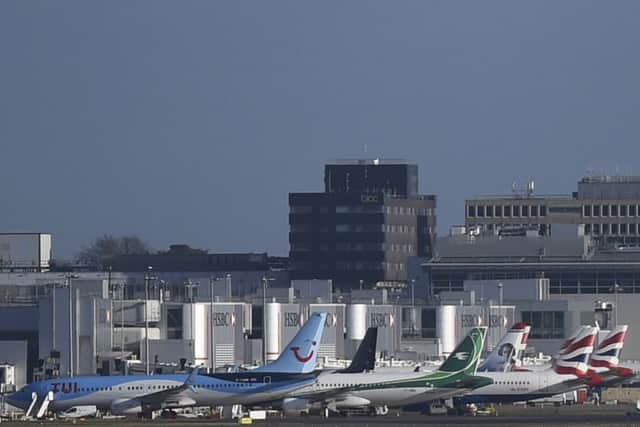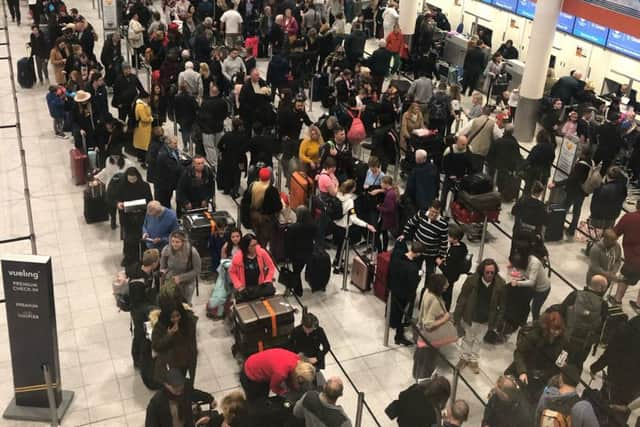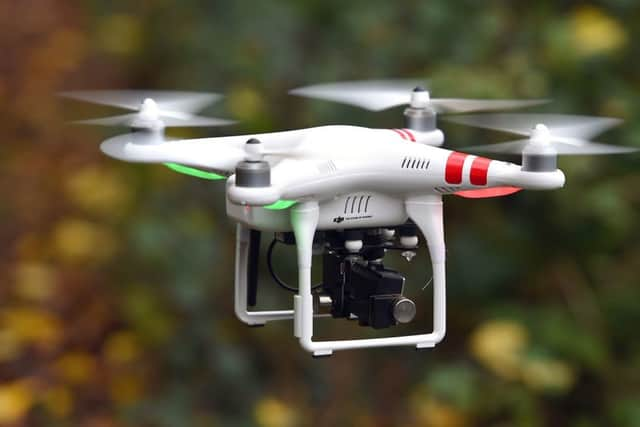Gatwick drone chaos could have been avoided, says NI expert


The military was called in on Thursday after the perpetrators, who are said to have deliberately targeted the airport, managed to escape capture for more than 22 hours.
More than 120,000 people have been caught up in the chaos as flights with grounded both to and from the West Sussex airport – including a number of easyJet flights to and from Belfast International.
Advertisement
Hide AdAdvertisement
Hide AdPolice described the devices as “industrial” models and are treating the incident as “a deliberate act to disrupt the airport”.


But Ryan McCready, a veteran and security specialist from Co Londonderry who worked on anti-drone technologies during his time in the military, told the News Letter it could all have been avoided.
He is part owner and European director of a company known as Hex Horus, who carry out test operations at the site of the former Shackleton military base in Co Londonderry, a former World War Two airfield.
“The threat posed from illegal drone operators, serious criminal organisations and terrorists has been evolving over the past five years. It is a sad part of reality and can be ignored no more,” he said.
Advertisement
Hide AdAdvertisement
Hide Ad“With proper anti-drone technologies in place this could all have been brought to an end in no less than 60 minutes.”


Mr McCready, whose deployments include Iraq, Afghanistan and eastern Ukraine, outlined a range of options to bring down drones – both simple and complex.
These span everything from complex signal jamming and cyber attacks to “crude” measures such as crashing other drones into the offending device.
“There are signal-jamming options with the caveat that there are legislative difficulties,” he explained.
Advertisement
Hide AdAdvertisement
Hide Ad“A non-tech option is the use of American eagles to intercept drones. There is an American company called Guard From Above who had been able to train birds from to a 90% success rate, so it is an option.


“Thereare also cruder solutions such as a sacrificial drone – a big drone, like a kamikaze.
“A water projector can also fire these things out of the air, like a fire hose. And you also have the use of nets as an option.”
Some 110,000 people were due to either take off or land at the airport on 760 flights on Thursday.
Gatwick chief executive Stewart Wingate said he was “not in a position to say when it will be safe to reopen the airport”.